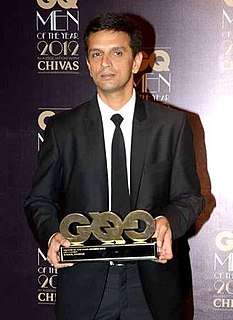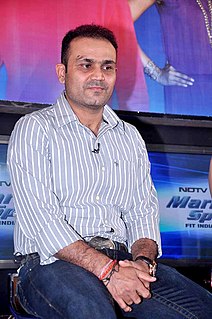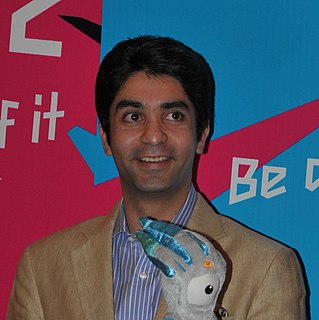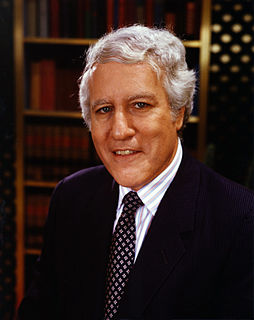A Quote by Ritesh Agarwal
Other people's view was that saving a rupee is a rupee earned. But for our family, earning two rupees is a rupee earned. That means spending that 1 rupee to make that happen is what it is. It is a difference of risk-taking appetite, going out and doing stuff.































